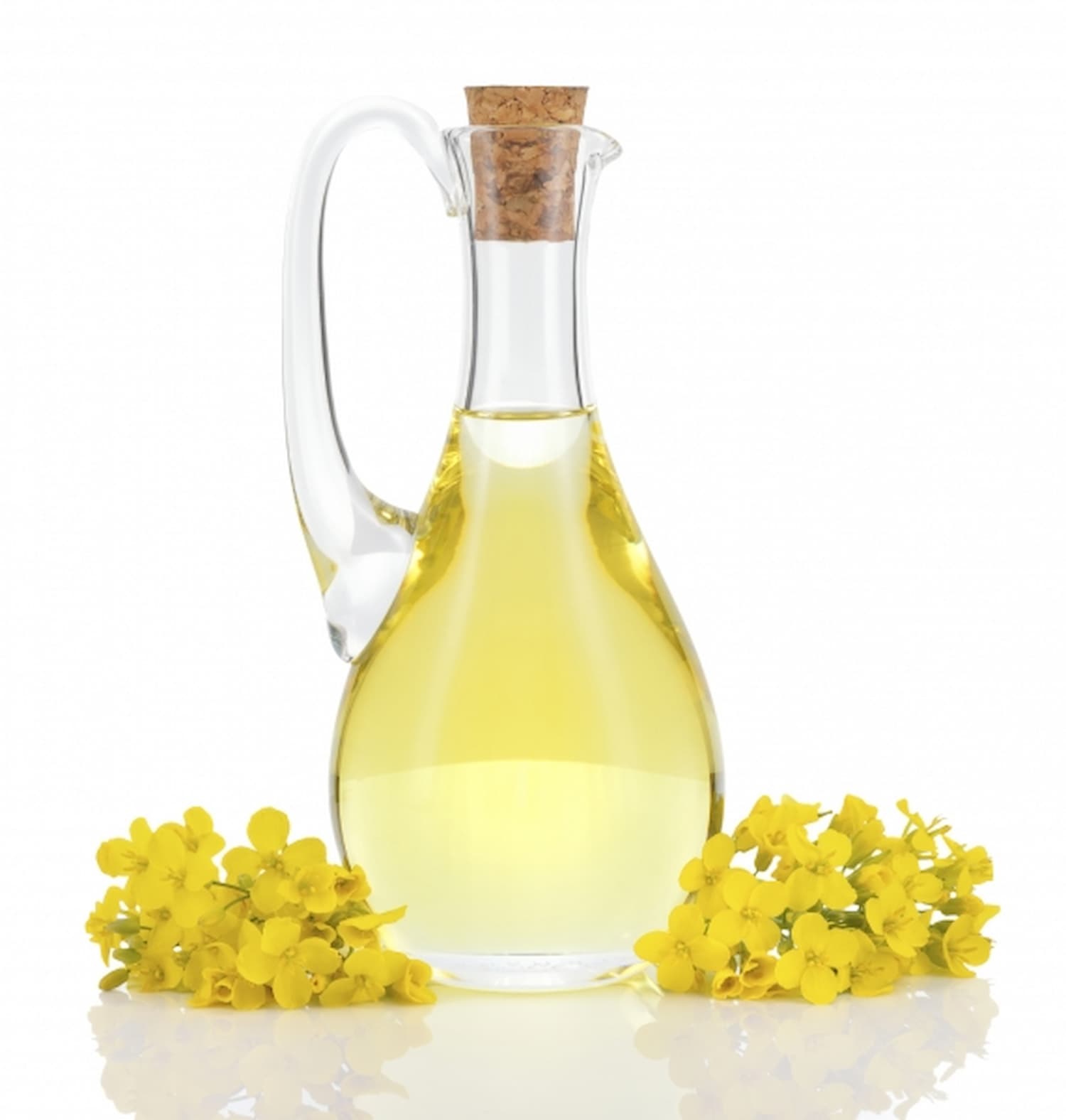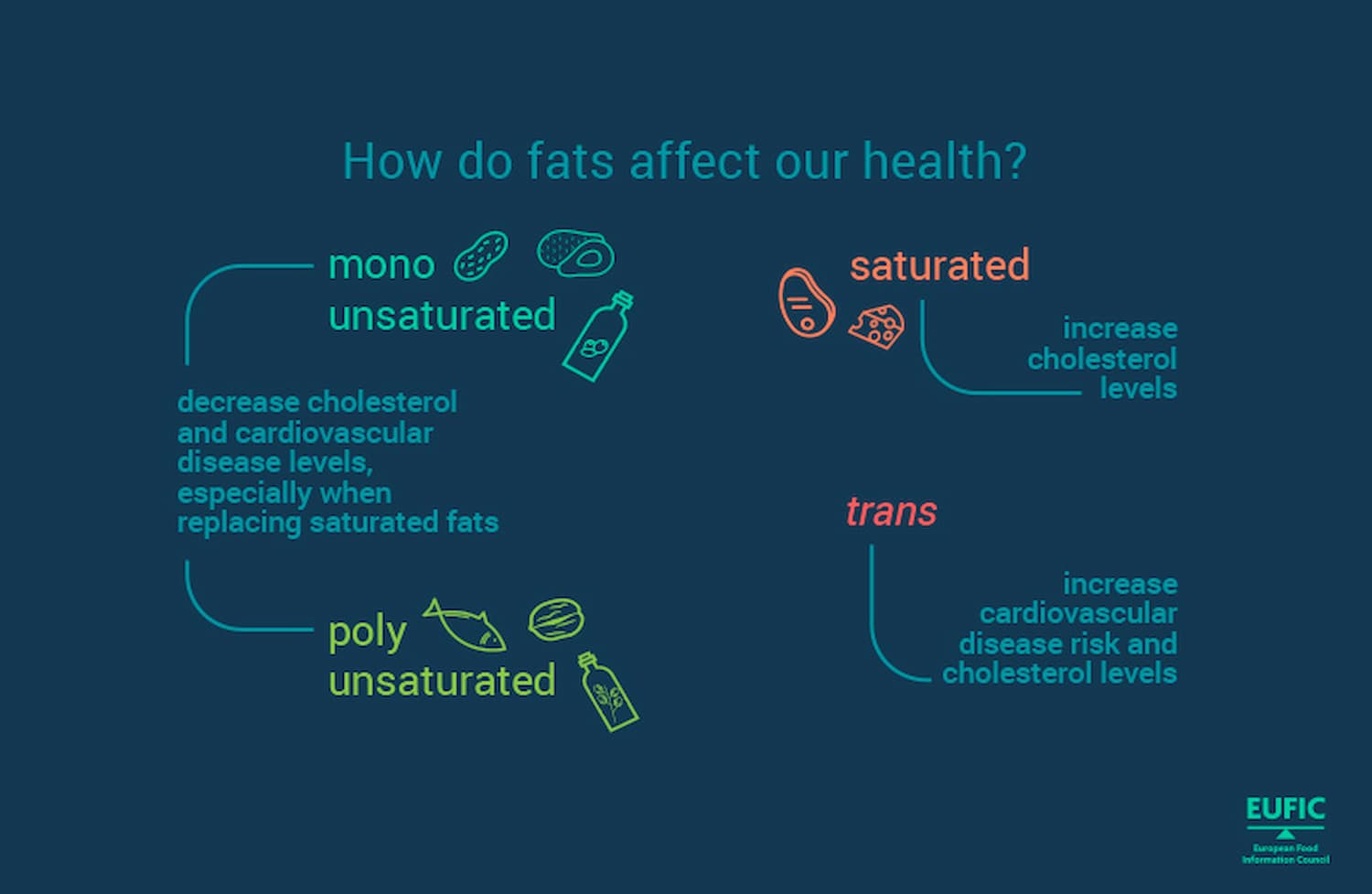
You can't live without fats. They are an important part of a healthy diet. Key dietary fats, which are found naturally in many foods, provide your body with essential fatty acids, maintain healthy skin, absorb and transport fat soluble vitamins around the body, and they are also a great source of energy. Furthermore, because fat makes up 60% of the brain, it helps with cognitive performance. Dietary fat also makes you feel fuller for longer, so it can be useful in weight loss. In this case, a personal trainer or nutritionist can assist you in developing a custom weight loss program based on the recommended dietary fat intake for your age.
However, it's easy to get mixed up about what's healthy and what's harmful for you, as well as how much fat you should eat.
The average Australian consumes much more fat than they typically need. They also consume more of the bad fats than the good fats. This is probably because it is widely available in the supermarket and therefore convenient. Moreover, most people consume fats to enhance the flavour of their food rather than to lower their risk of heart disease.
Choosing which sources of fat to cook with is not an exact science because it depends on several factors such as your dietary preferences, the recipe you're making, what type of cookware you need, and so on. Other factors that influence the amount of dietary fat you need to consume include your age, sex and level of physical activity as well as other dietary factors such as whether you smoke or take regular medication. Dietary fat should always be consumed in moderation to keep blood cholesterol levels within the healthy range.
What exactly is dietary fat?
Dietary fat, also called lipids, comprises all lipid-based components of food — not just the obvious sources like butter on toast or oil on salad, but also less obvious ones such as fried potatoes and pizza.
Fat is a very concentrated source of energy. It provides around nine calories per gram, compared to carbohydrates and proteins which both contain around four calories per gram. Consuming dietary fat can therefore lead to weight gain if it's not balanced with other dietary activities such as exercise or simply eating less overall.
The dietary fats that are especially important are those known as polyunsaturated fats and monounsaturated fats. These types of fat have been shown to lower LDL cholesterol, or bad cholesterol, which lowers the risk of heart disease.
Is Dietary Fat Making You Fat?
Does eating fatty food contribute to the obesity epidemic plaguing your nation? Actually, it's not as simple as that. There are many different kinds of fat, some good and some bad. The good fats are mainly sourced from plant oils, such as:
- avocado
- olive oil
- peanut oil
- coconut oil
- fatty fish
- nuts and seeds
Research shows that consuming these fats are heart healthy and will improve overall health and wellbeing. Omega-3 fatty acids, particularly those sourced from plants, contain linolenic acid that reduces the risk of heart disease and other chronic diseases.
The problem lies when you eat too much of the bad fats such as:
- trans fats
- hydrogenated fats; and
- saturated fats (when consumed excessively)
These types of fats have been shown to increase the rate of cardiovascular disease, diabetes and some cancers.
Health Benefits of Including Healthy Oils and Fats in Your Diet
Dietary fat doesn't just provide flavour to food; it actually makes essential contributions to one's health and wellbeing. It helps the body absorb nutrients, serves as extra energy storage for use later on, and it helps regulate hormone production. All of these benefits can be obtained by including the right type of fat in your diet.
Dietary fats are made up of three main types of fatty acids, namely:
- Monounsaturated fatty acids (MUFAs) are linked with reduced risk of cardiovascular disease.
- Polyunsaturated fatty acids (PUFAs) contain omega-3 fats, which promote heart health, and less beneficial omega-6 fatty acids that cause inflammation
- Saturated fatty acids (SFAs) are considered the least healthy dietary fat since high levels of saturated fat intake have been linked to cardiovascular disease
Trans fat, although this is an unsaturated dietary fat, is declared separately because it has adverse health effects. The body can't properly break down and use this type of fat, so it becomes an unhealthy plaque in our arteries instead. It also affects how well insulin works to regulate blood sugar levels, which increases the risk of diabetes, heart disease, obesity, diabetes, high cholesterol, and even cancer. It is commonly found in fried foods and baked goods.
The dietary fat that's usually promoted by doctors and health professionals is monounsaturated fat from sources such as olive oil and oily fish.
Although we stated before that plant-based oils and fats are healthier and a better option in cooking, it's important to note that not every dietary source of fats and oils in this category should be considered. Cottonseed oil, for instance, is abundant in polyunsaturated fats and can aid in the reduction of LDL cholesterol levels. It does, however, include saturated fat, which has the potential to elevate bad cholesterol levels and the risk of coronary heart disease.
Source: Food Executive
Make a Difference to Your Health
If you're like most people, you have no idea how much dietary fat (especially dangerous saturated and trans fats) you consume on a daily or weekly basis. Because dietary fats are available in a variety of ingredients throughout our food supply, it's not straightforward.
The following tips will help you ensure that you and your family consume only healthy dietary fats and oils:
- The first step is to read food labels so that you can make more informed decisions. All the facts and information you need to make a healthier choice may be found on the nutrition label.
- Consume a diet rich in wholegrains, vegetables and fruit
- Try and make your own mayonnaise, sauces and salad dressings
- Include lean meat, poultry, fish, nuts and seeds in your diet
- Instead of canola oil, use olive oil to sprinkle over salads
- Avoid or limit your consumption of recessed foods
- Include avocado in your daily meals
- Replace canola oil in cooking with coconut oil for added nutrients
Healthy foods contain fat, but only the right kind and in the right amount, according to nutritionists' dietary advice. Using the right types of fat can help you feel lighter while also lowering your cholesterol level.
Consult a nutritionist in your area if you're interested in learning more about the best sources of omega-3 fatty acids like linoleic acid. They will not only be able to provide you with the appropriate grams of fat for a balanced diet, but they will also be able to aid you in replacing unhealthy snack foods with healthy ones in order to prevent chronic diseases.
Originally published on Oct 28, 2015









